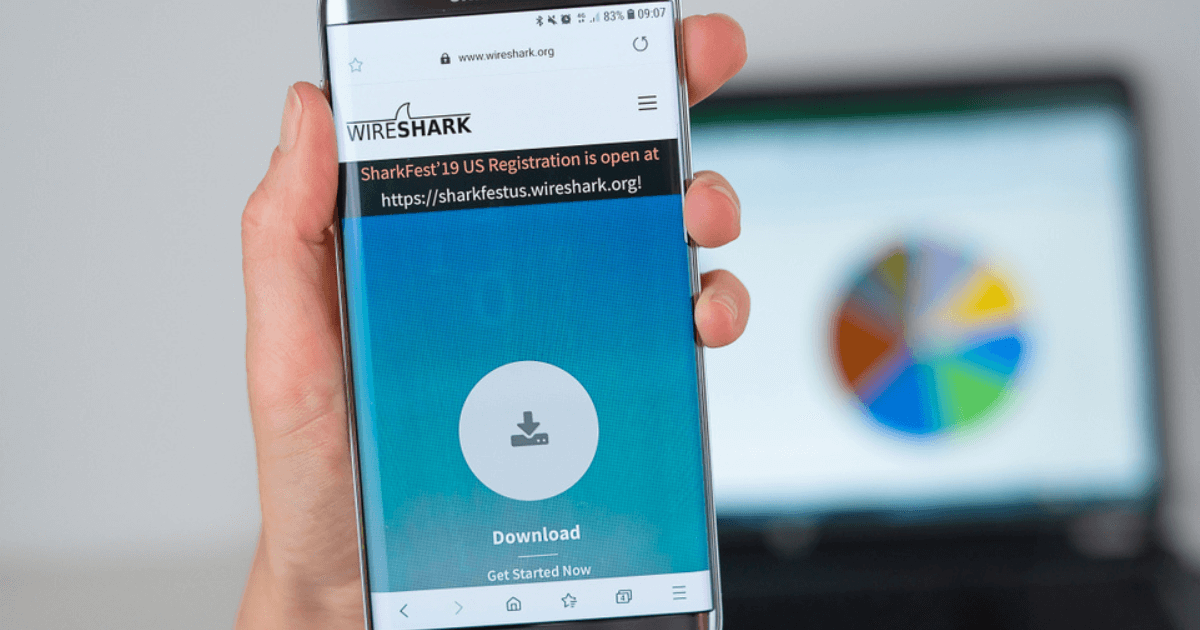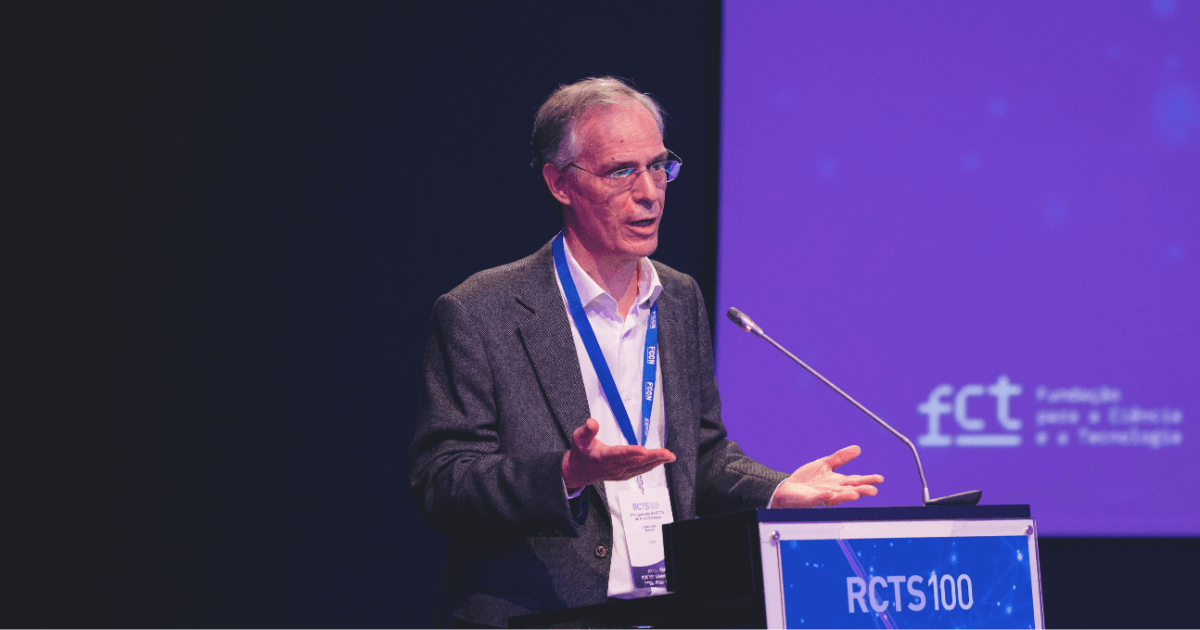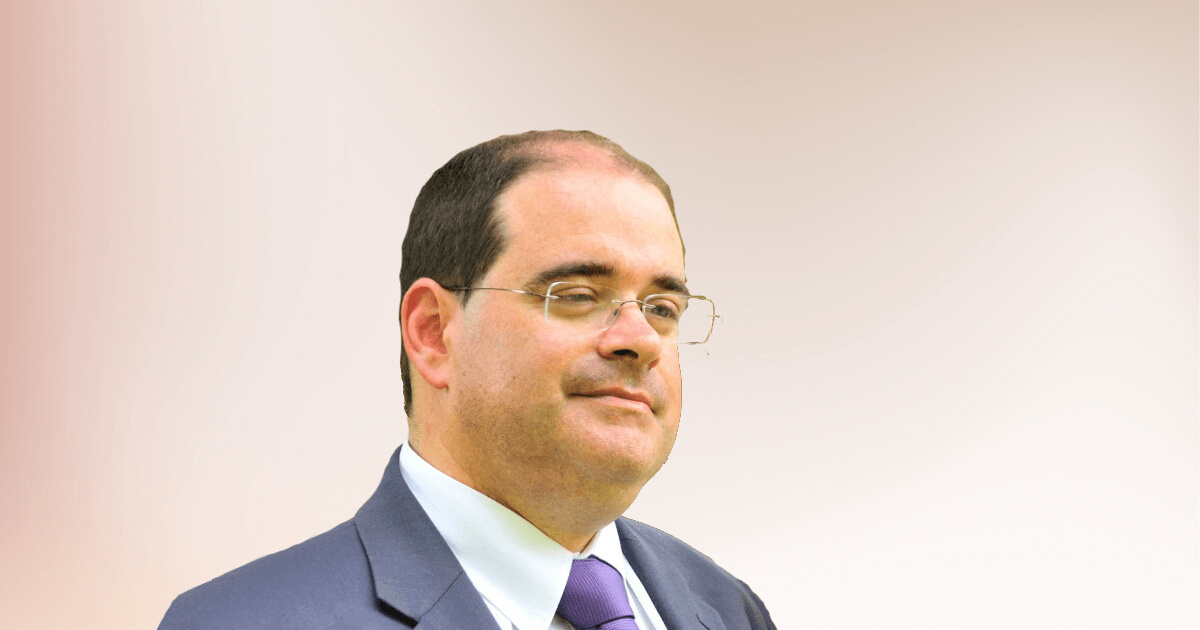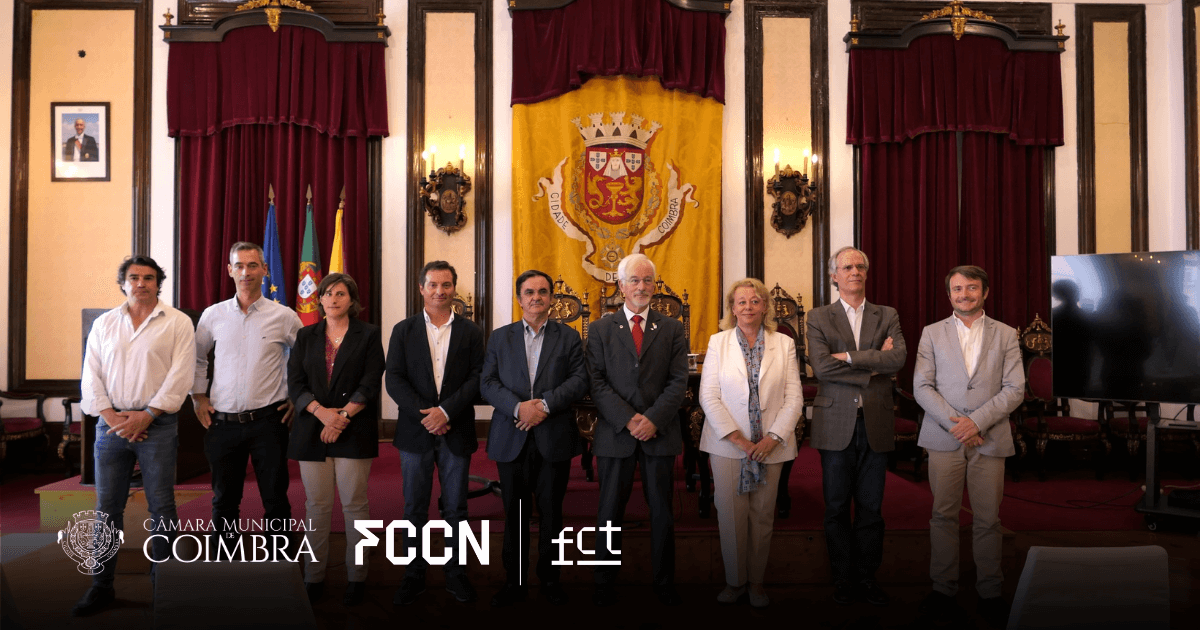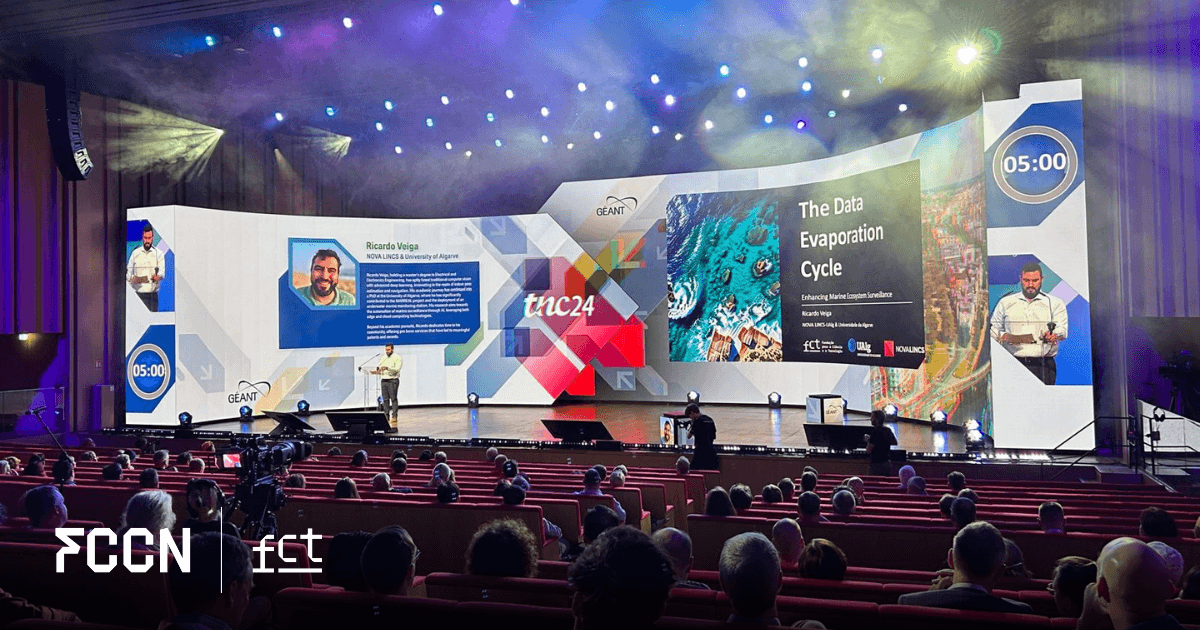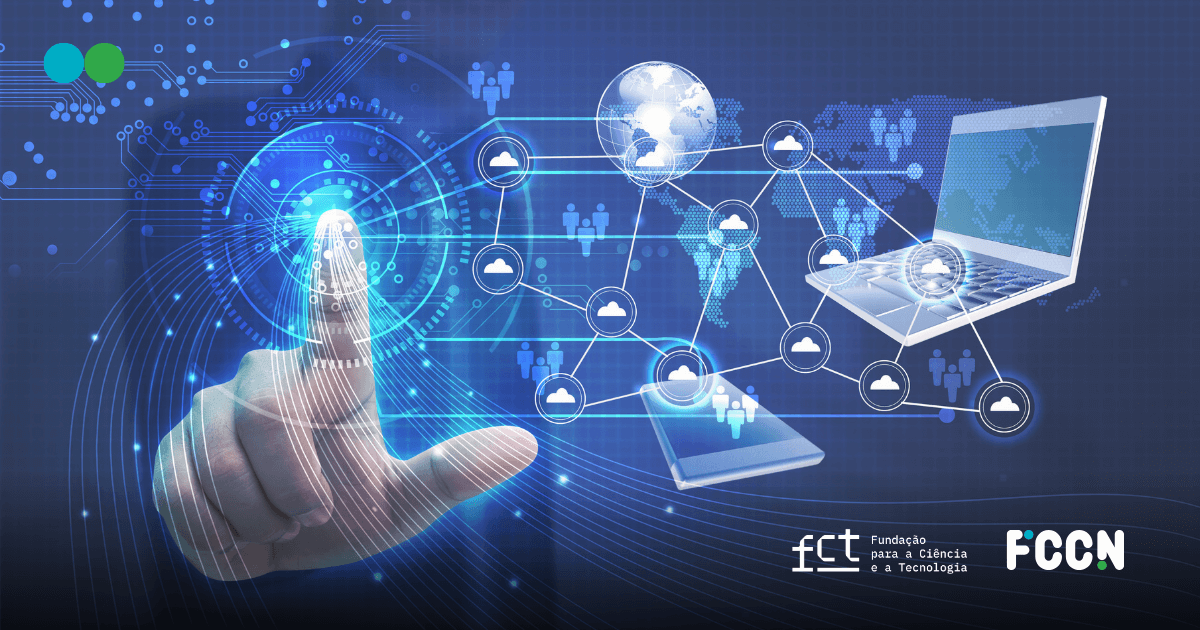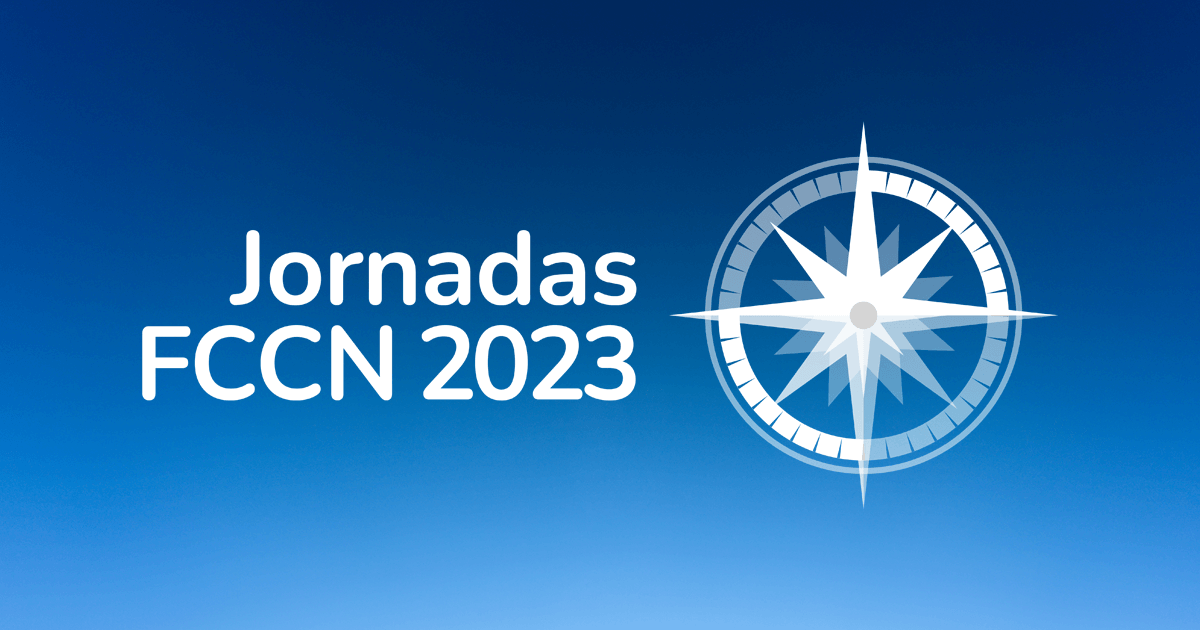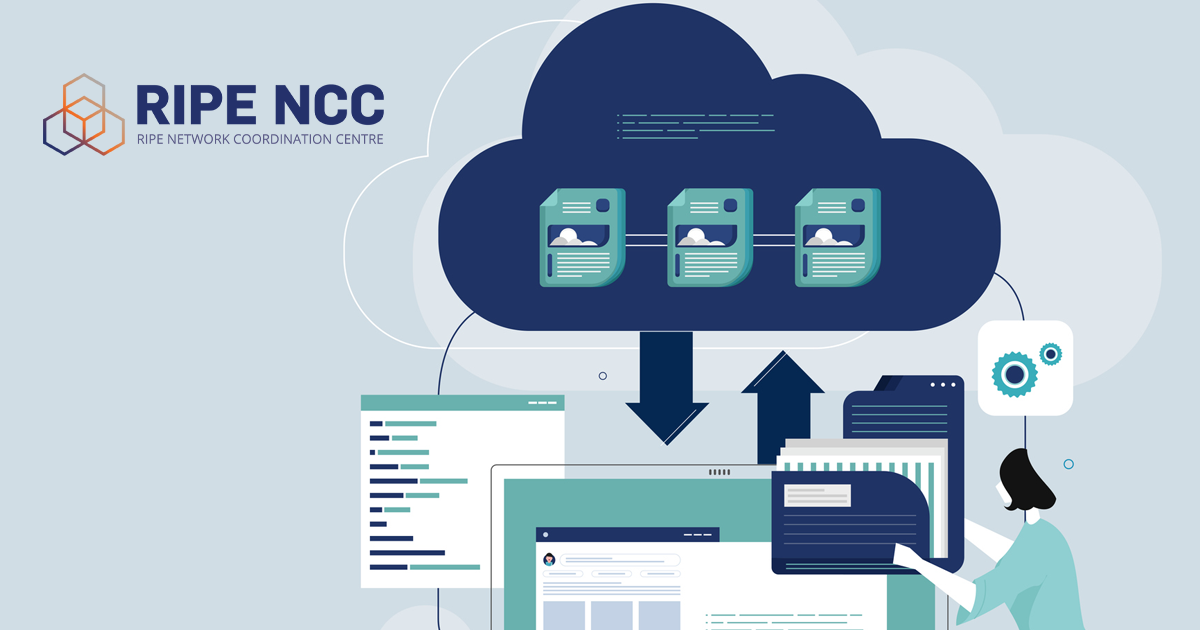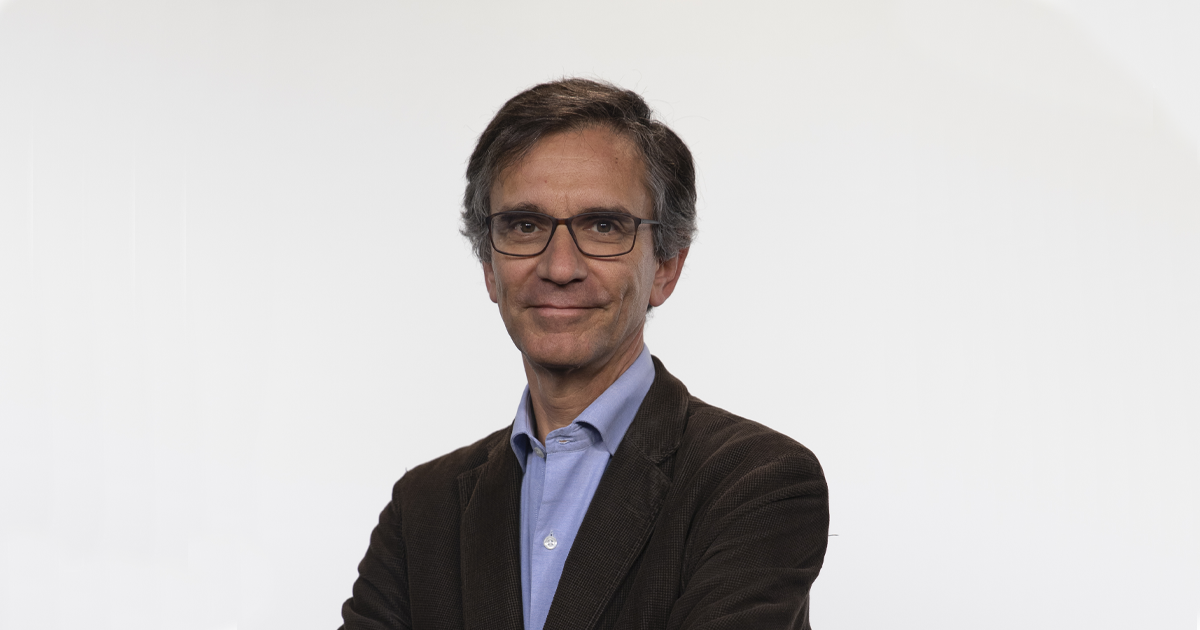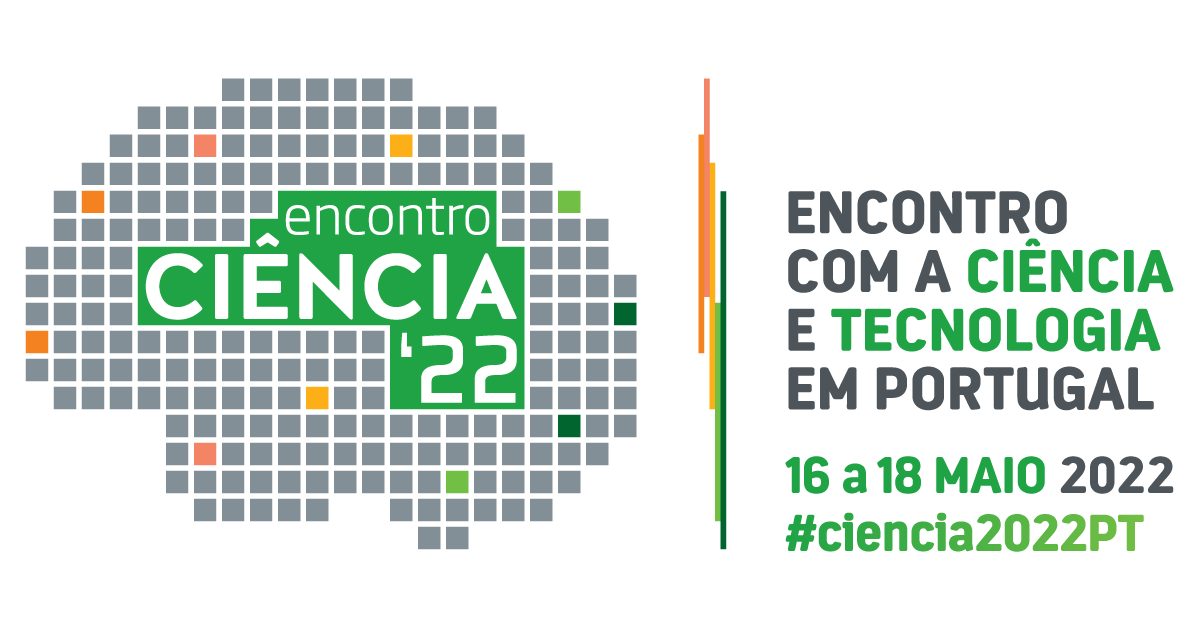The students of the Instituto Superior de Engenharia do Porto (ISEP), Fábio Lourenço and Luís Sampaio, were selected to share their projects in the largest conference of academic networks in the world. The TNC20 was cancelled, but the journey of the Master's students in Computer Engineering is not over.
The students Fábio Lourenço e Luís Sampaio had a flight to the UK scheduled for June. However, like millions of other people around the world, their plans were changed and their trip cancelled. Their destination was Brighton, in order to participate in TNC20 - the largest conference of academic networks in the world, organised by GÉANT . The event was, however, cancelled and postponed to 2021, due to the new coronavirus pandemic.
The opportunity to participate came about through the Lightning Talks program, an initiative promoted in Portugal by the National Scientific Computing Unit (FCCN) of the Foundation for Science and Technology in February.
The challenge to all students is simple: "share your ideas and study/research projects in the area of technologies, particularly IT or computer networks". After the application submission, a GÉANT panel of judges chose the best works, offering the winners the possibility to step on the TNC stage and present their projects. The selected students also receive specific training from GÉANT through three webinars on "how to write proposals and speak in public".
Although the trip has been cancelled, the journey is not over. The organisation of GÉANT's Future Talent Programme decided to continue with the training and to turn the rehearsed presentations into 5-minute videos that will be shared via social media at the end of June. Thus, Fábio and Luís have been participating in these distance training sessions.
So far, say the students, the experience has been "rewarding". The training, they explain, is proving valuable, detailing concrete techniques of presentation, organization and implementation of the proposals to be disseminated. "We have learned that a presentation is not just reporting and talking about slides. It is about conveying a message, engaging the audience and making them identify with the topic under discussion", explain the students, highlighting the importance of telling a story, giving examples and maintaining an informal, accessible and respectful approach.
For this reason, for Fábio and Luís, participation in this programme is being useful in terms of personal development, getting to know new resources and learning how to manage time, for example. On the other hand, the students highlight the importance of the contact with participants from other countries, "exchanging impressions, advice, feedback and stories": "Hearing other perspectives and presentation techniques enhanced what was learned throughout the workshops" .
The theme of the Portuguese students' presentation is related to software engineering and artificial intelligence. The message of the presentation Synthetic telepathy for human-machine interaction on decentralized messaging applications may be quite complex. However, the students believe that, through the training provided by Michael Koenka, it will be possible to establish effective communication. "We are retouching the content to be presented, with the aim of making it as accessible as possible for [all] people," they conclude.

